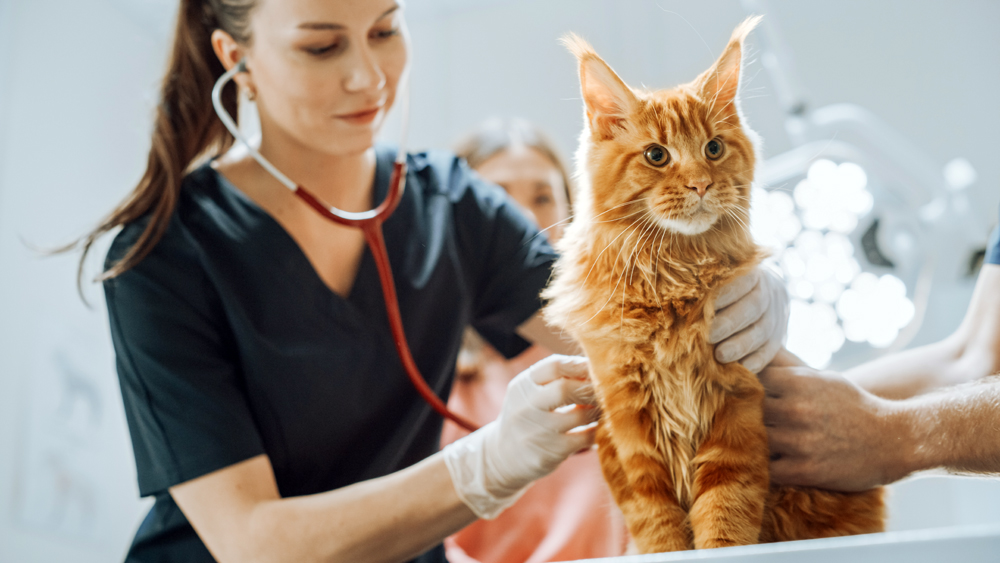Veterinary medicine has always stood apart as a profession built on ethics, integrity, and trust. We have advanced science, relieved suffering, and deepened the human–animal bond. From food systems to family pets, our oath commits us to protect animal health and welfare, always.
Yet in our pursuit of innovation, we have too often optimized for ourselves: for the efficiency of our teams, the convenience of clients, or the economics of the business model. We have streamlined workflows and expanded access, but we have not truly rebuilt care from the perspective of the one being treated, the patient.
It is time to stop refining the old system and start reimagining it. It is time to ask not how we can fit dogs, cats, and exotics into the same hospital—but why we still do.
The ethical path forward is clear: Species-First Care must become the new foundation of Veterinary medicine.
The Case for Species-First Care
The logical and moral argument for species-specific medicine rests on a single, undeniable truth:
A patient’s health cannot be separated from their emotional and sensory experience.
We already accept that species differ in physiology, pharmacology, and nutrition. A drug safe for a dog can be fatal for a cat. A reptile’s metabolism bears no resemblance to a bird’s. Yet we overlook the most profound biological difference of all, how each species perceives, interprets, and responds to its environment.
Stress Is Not a Soft Variable—It’s a Medical Condition
For nearly every companion species, from vigilant prey animals like birds and rabbits, to species like cats that live as both hunter and hunted, or socially driven dogs, the presence of other species in a shared clinical space triggers a measurable stress cascade.
This is not “anxiety.” It is a physiological state: cortisol surges, heart rates spike, respiration changes, and immune function alters. These effects can last hours or even days. Stress skews lab results, masks pain, complicates anesthesia, and directly impairs healing.
When predators and prey share airspace, when dogs bark in the next room or the scent of cats lingers on exam tables, we are not merely inconveniencing patients, we are harming them. Continuing to treat them in these conditions is not a question of preference or business model; it is an ethical compromise.
Specialization Is the Path to Excellence
We already understand the value of specialization. We have built disciplines around organ systems (i.e. cardiology, neurology, ophthalmology) to advance precision medicine. The next logical and ethical step is to specialize by species.
When a clinical team devotes itself to one species, everything sharpens: communication, handling, diagnostic precision, and procedural efficiency. Teams recognize subtler behavioral cues, apply more consistent restraint methods, and reduce the risk of injury or sedation. Surgery times shorten. Recovery improves. Outcomes elevate.
Species specialization is not about marketing, it is about mastery. It is the same scientific reasoning that created our current specialties, extended to the most fundamental biological distinction of all: the species itself.
The Responsibility to Evolve
For decades, we have maintained the generalist model because it was convenient, for scheduling, for staffing, for pet owners. But convenience is not an ethical justification. With what we now know about behavioral medicine, sensory biology, and stress physiology, continuing to combine species under one roof is becoming indefensible.
Consider the data: nearly 70% of owned cats in the United States did not receive a Veterinary wellness visit last year. Access and affordability play a role, but fear and stress, for both cat and caregiver, are major barriers. A cat who panics in a carrier, who smells canine scent upon entering a clinic, or who hides for hours after returning home is not simply a “difficult patient.” That cat is reacting exactly as nature designed it to and our system is failing to accommodate that.
If we built truly feline-specific environments, calm, predictable, safe, compliance would rise. Care would improve. The same holds true for dogs, birds, reptiles, and small mammals. Each species has distinct sensory and behavioral needs that we can now clearly define and respect.
The power to do better exists. That means the responsibility to act does, too.
The Ethical Evolution of Care
Veterinary medicine is a calling grounded in ethics. Our oath is not to convenience or to commerce, it is to health, welfare, and the relief of suffering.
Species-First Care is not a trend or a branding opportunity. It is the next evolution of that oath, a logical, moral, and scientific progression that demands we design healthcare around the patient, not the people providing it.
We owe our patients more than competence; we owe them empathy designed into every surface, sound, and system.
It’s time to stop asking animals to adapt to our hospitals and start building hospitals that adapt to them. That is the ethical evolution of Veterinary care.

